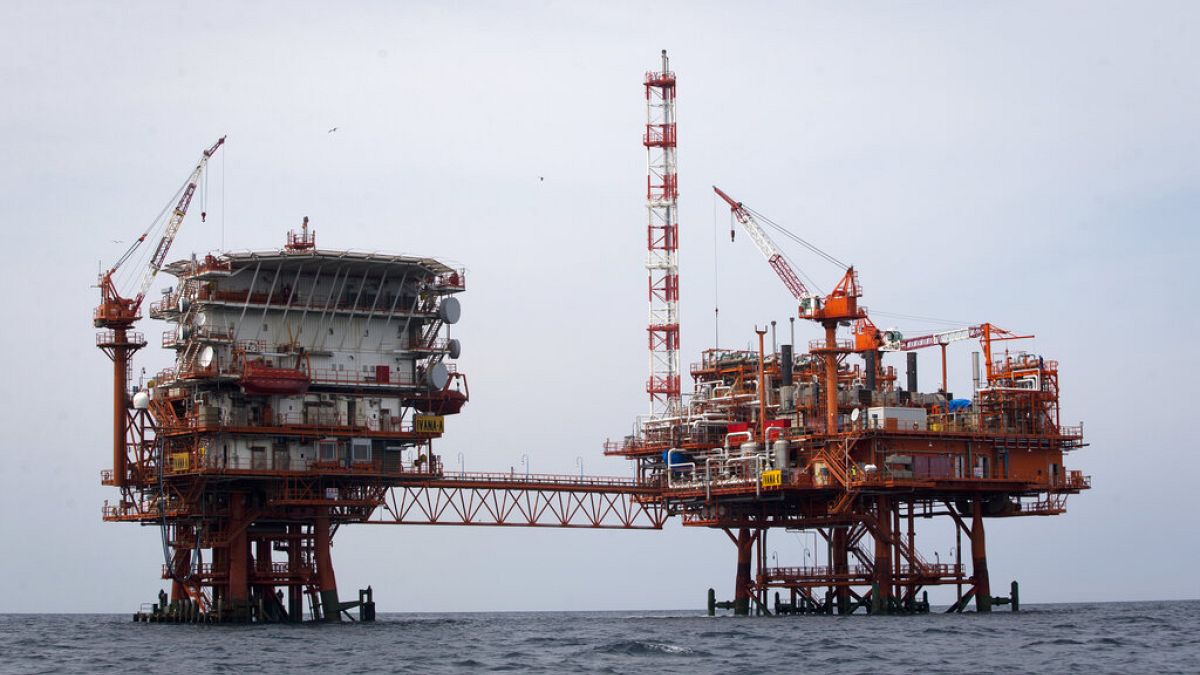Geopolitical uncertainties and supply fears boosted oil prices to fresh five-month highs on Tuesday morning.
Brent crude oil prices touched a fresh over five-month high on Tuesday morning, at $88.3 per barrel. This was a weekly rise of 3.3% and a monthly gain of 7.7%. Crude oil prices also advanced 1% on Tuesday morning, hitting $84.6, having risen 3.8% this week and 8.4% this month.
This was mainly due to escalating geopolitical tensions, especially in the Middle East, as well as speculation of falling Mexican oil supply in the near future. Oil markets are also still seeing the effects of the Organisation of the Petroleum Exporting Countries (OPEC+) committee extending voluntary cuts for the second quarter of the year last month.
Better-than-expected manufacturing purchasing managers' index (PMI) reports from both China and the US have also contributed to positive oil sentiment. This is due to investors expecting both these countries to see increased demand in the manufacturing and industrial sectors soon.
The oil price rally also affected the FTSE 100 index, which soared above 8,000 points on Tuesday morning.
Referencing this, Russ Mould, investment director at AJ Bell said in an email note: "The ongoing rise in oil prices amid a tighter supply outlook is a worry for corporates and consumers as it is a major inflationary force.
"A 0.8% advance to over $88 per barrel puts the commodity price at its highest level since October 2023 and explains why Shell and BP were among the biggest drivers for the FTSE 100 today. Commodity producers account for a large weighting of the FTSE 100 and the index typically does well when these stocks are bid up.
"The FTSE 100 moved 0.6% higher to hit 8,000 in early trading, back to highs not seen since February 2023. That provides a psychological boost to investors and implies that the blue-chip UK index still has some life left in it."
Geopolitical and supply fears continues to boost oil prices
Oil prices are particularly vulnerable to geopolitical fluctuations, especially in the Middle East. As such, the Israeli airstrike on an Iranian embassy in Syria on 1 April has led to increased worries about escalating tensions in the region.
This comes amid the ongoing Israel-Hamas war, which has also given rise to the Yemeni Houthi rebel attacks in the Red Sea. Due to this, oil and gas shipments traveling through the Red Sea and Suez Canal have also been heavily disrupted and delayed. Several shipping companies now travel around the African continent. This, in turn, has also contributed to higher oil prices.
Syed Muhammad Osama Rizvi, oil analyst at OilPrice.com said: "The overall sentiment in the oil markets, especially paper markets, is certainly bullish, as evidenced by the purchase of 140 million barrels equivalent contracts in the six most important contracts. This was the fastest pace in four years.
"The biggest reason is continued commitment from OPEC+ for production cuts, although that might change very soon. Secondly, there are expectations that the global economy is now going through a turnaround, especially given the strength of the US economy. Credit cycle indicators across different regions are also showing improvements. Finally, the geopolitical situation is also keeping oil prices on the higher side."
Mexican state-controlled oil firm Pemex has also revealed plans for reducing crude oil exports in the next few months, leading to increased fears of more supply blockages. OPEC's upcoming joint ministerial meeting on 3 April is also expected to analyse current market conditions and see whether member nations are sticking to production targets.
Expectations of increasing Chinese demand, following various encouraging economic data reports in the last few months, has also significantly contributed to this positive oil sentiment. This is due to Chinese demand being a major factor influencing oil prices, second only to geopolitical tensions.



